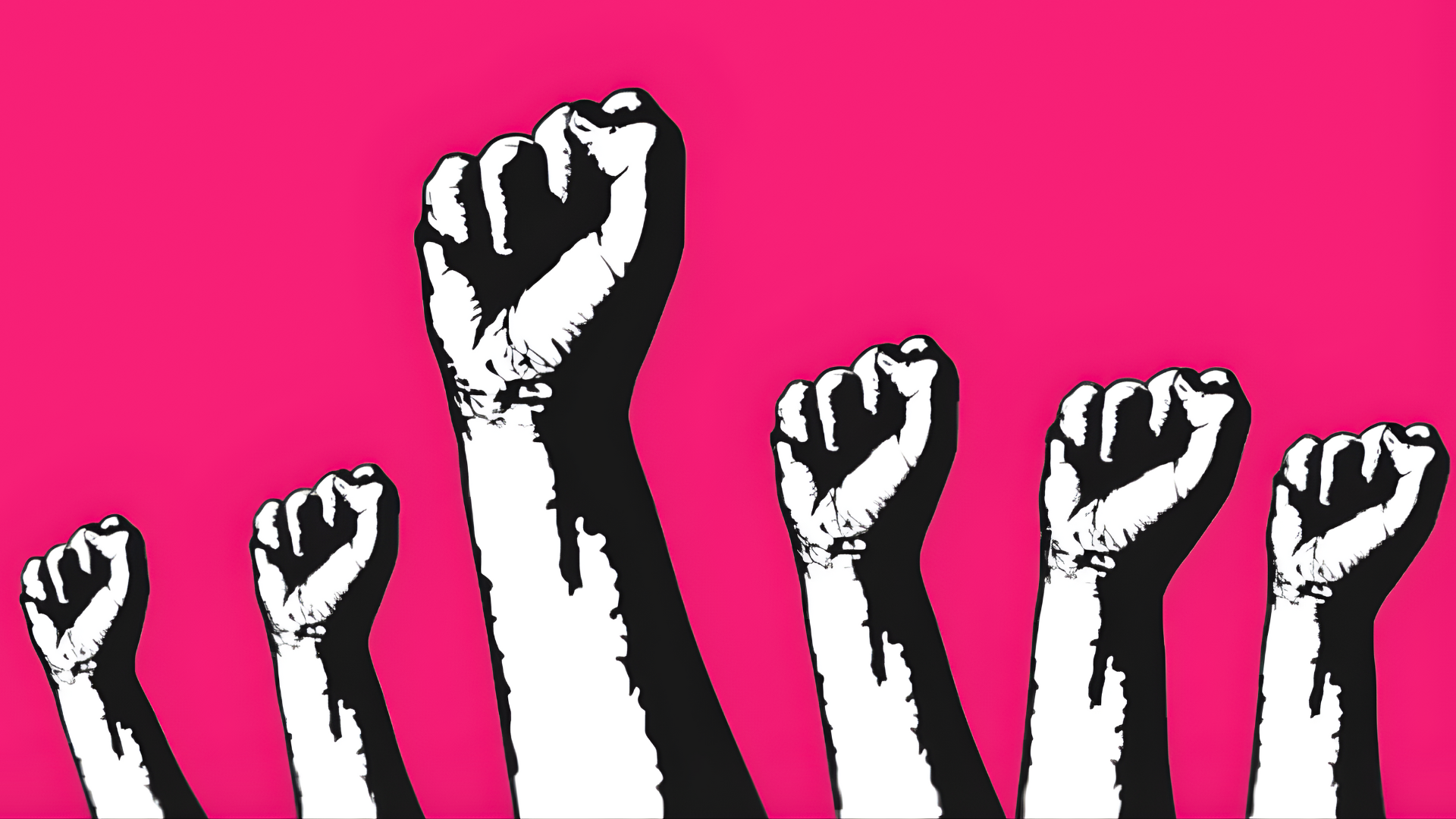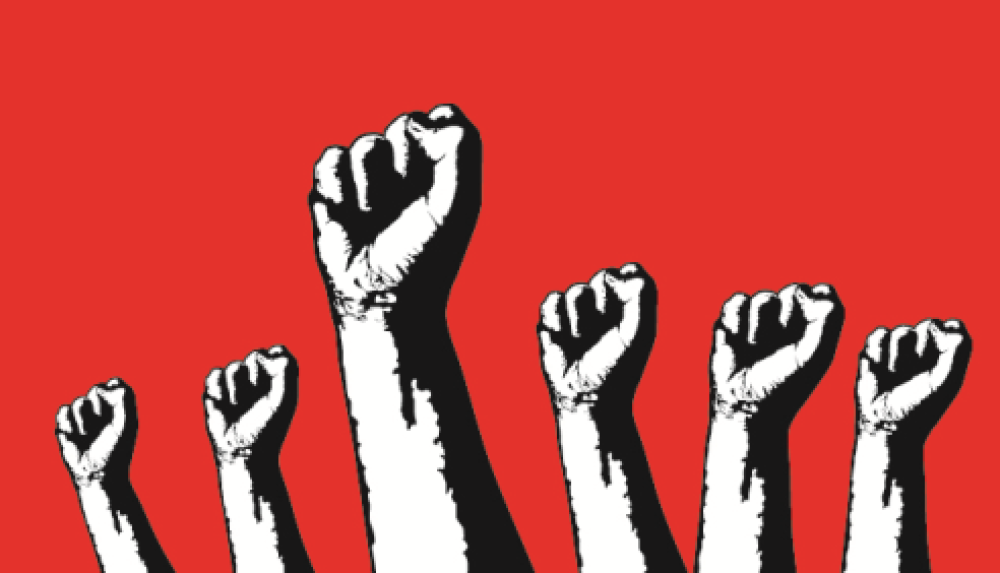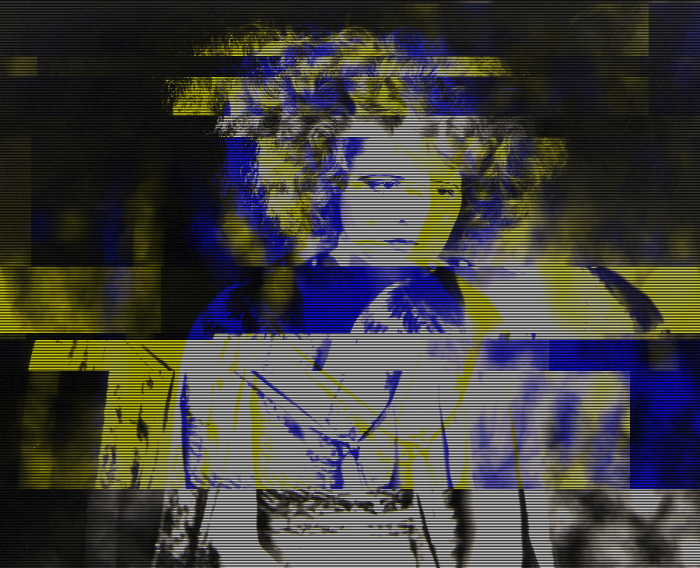The Forgotten Innovation in MRX: The Respondent
“You need me. You need me badly. Because I’m your last contact with human reality. I love you. And that painful, decaying love is the only thing between you and the shrieking nothingness you live the rest of the day.” – The Network (1976)
For years, respondents have been treated like human vending machines. Input a question, get an answer.
A commodity. One in, one out.
As long as the numbers add up.
Interchangeable. Disposable.
But people don’t go through life filling out surveys in their heads, so that creates a problem for anyone looking at old ways to uncover a greater directional steer in 2025 and beyond to what people really think.
So let’s think about this…
❌ People don’t think in neat grids. Their thoughts spill, overlap and contradict themselves.
❌ They don’t file opinions into labelled drawers. Some stay half-formed, others change shape the moment they’re spoken.
❌ Most of the time, they don’t even know what they think. It’s fog, static, a half-remembered tune—until they’re forced to pin it down.
What if, instead of trying to slot people into research, we let them show us how they actually think?
What if research wasn’t about collecting answers, but about letting people react, create and figure things out for themselves?
What happens if we let go of control?
What happens if respondents don’t just answer but challenge the process itself?
What happens if research stops following a script and we see what happens when nothing is planned?
🗣 What If Research Didn’t Use Words?
All research assumes language is the best way to capture meaning. But what if words aren’t enough?
- What if we asked respondents to invent new words for emotions that don’t exist yet?
- What if people had to draw their answer instead of describing it?
- What if instead of choosing from a list, respondents had to assemble objects, colours or sounds to express how they feel?
💭 Would we understand people better if we let them communicate on their own terms without forcing them into predefined language?
⬅️ What If Research Happened Backwards?
Why do we always start with the question first?
- What if people gave an answer first, then had to figure out what the question was?
- What if they saw other people’s responses first and had to guess what had been asked?
- What if research wasn’t about stating opinions, but about exploring how opinions are formed in the first place?
💭 Would we get closer to the way people actually think before logic kicks in?
🤫 What If Research Asked People to Lie?
People aren’t always honest in research, but what if we asked them to lie on purpose?
- What if respondents were told to create a completely fake version of themselves, revealing what they wish were true?
- What if we asked people to lie about a brand or product, then analysed what assumptions, fears or desires they project onto it?
- What if research wasn’t about truth at all, but about understanding the false realities people build in their heads?
💭 Would we uncover hidden motives and biases if we gave people permission to lie?
🤐 What If Research Measured Hesitation Instead of Answers?
The way people struggle to answer can tell us more than the answer itself.
- What if we measured how long someone pauses before responding and used that as a metric?
- What if people had to say the first thing that comes into their head but could go back and change it after they’ve had time to think?
- What if insights came from tracking uncertainty rather than just asking for opinions?
💭 Would we finally see how people form their views in real-time instead of assuming they already have fixed answers?
👀 What If Research Didn’t Happen on Purpose?
Research is always deliberate. People know they’re being studied. But what if the best insights come when they don’t realise they’re taking part at all?
- What if we created fake brands, fake stores and fake experiences just to see how people react?
- What if instead of surveys, we built living environments where people interact naturally and only later do we unpack what happened?
- What if respondents could walk through a space, touch objects, hear sounds and react instinctively without being asked direct questions?
💭 Would people reveal more if research felt like life, not like research?
🧠 What If Research Was Designed to Feel Like a Memory?
People don’t remember things as they actually happened. They remember them as stories.
- What if we asked respondents to describe a future memory, how they imagine they’ll feel about a product or experience in ten years?
- What if we planted false memories and measured how people react to things they think they’ve seen before?
- What if people were asked to rewrite a real memory to make it more ideal, helping us see what they truly value, not just what they recall?
💭 Would we get more meaningful insights if research felt more like a memory than a questionnaire?
👀 What If Research Had No Questions At All?
What if research wasn’t question-driven at all?
- What if we built a world respondents explored and insights came from how they interacted with it?
- What if research was structured like jazz, where respondents riff on an idea, pass it to someone else and keep evolving it?
- What if instead of structured Q&As, we let respondents tell us what we should be asking and just followed their lead?
💭 Would we finally stop forcing people into predefined structures and start letting research happen in real-time?
What If Research Wasn’t Research at All?
Maybe the real problem isn’t just how we ask questions. Maybe it’s that we assume research has to be structured, formal and data-driven.
What if research was 👇
- A system of rituals and exchanges?
- A dream-sharing experiment?
- A chaotic, open-world environment with no fixed path?
- A space where meaning isn’t extracted but created?
Maybe the future of research isn’t about collecting data better.
Maybe it’s about redefining what understanding even looks like.
💡 Are we here to gather data, or to uncover something real?










